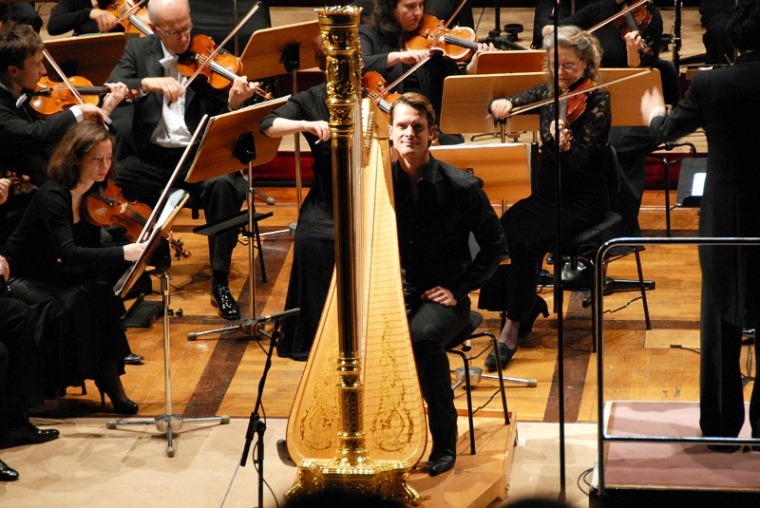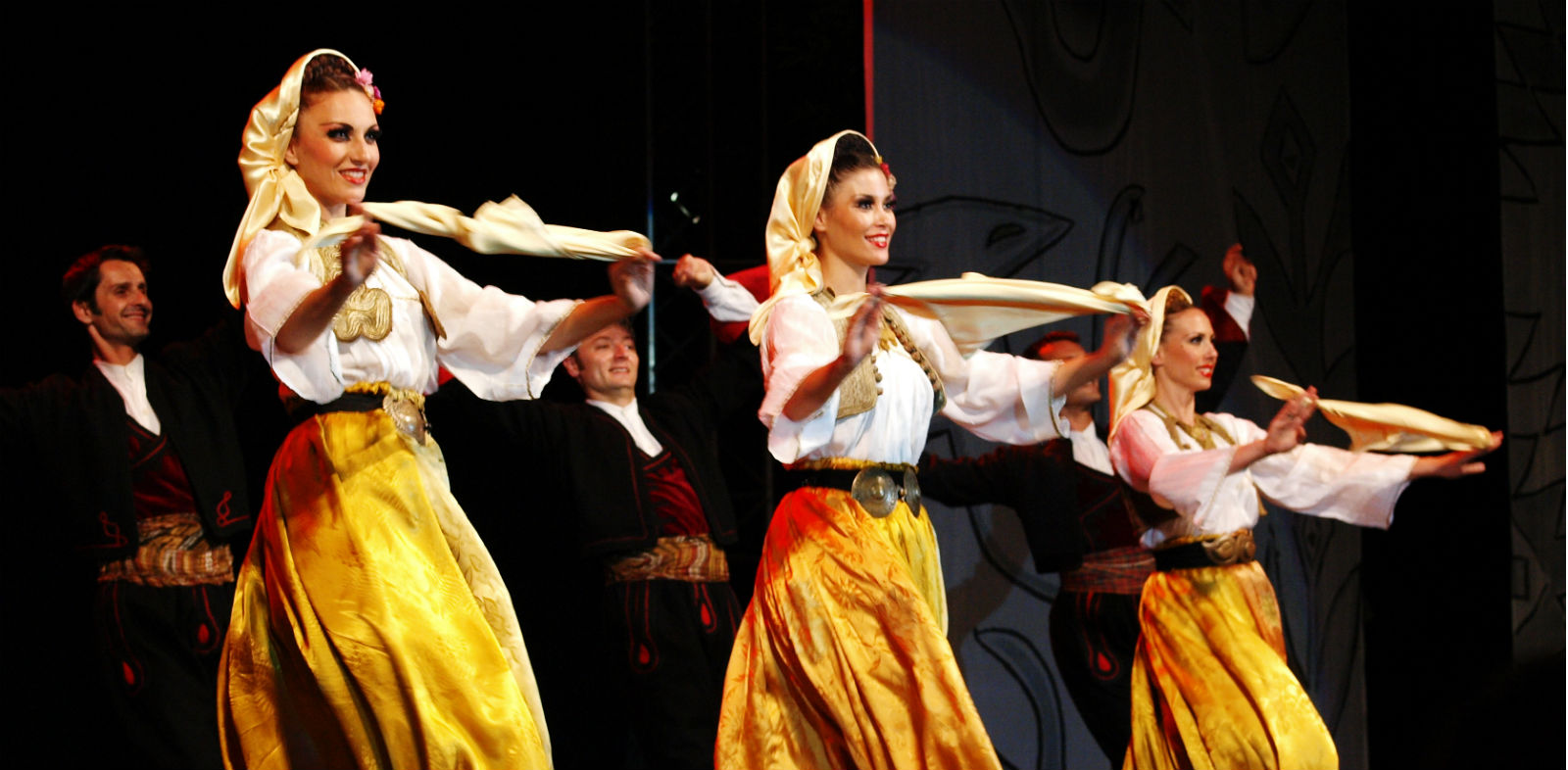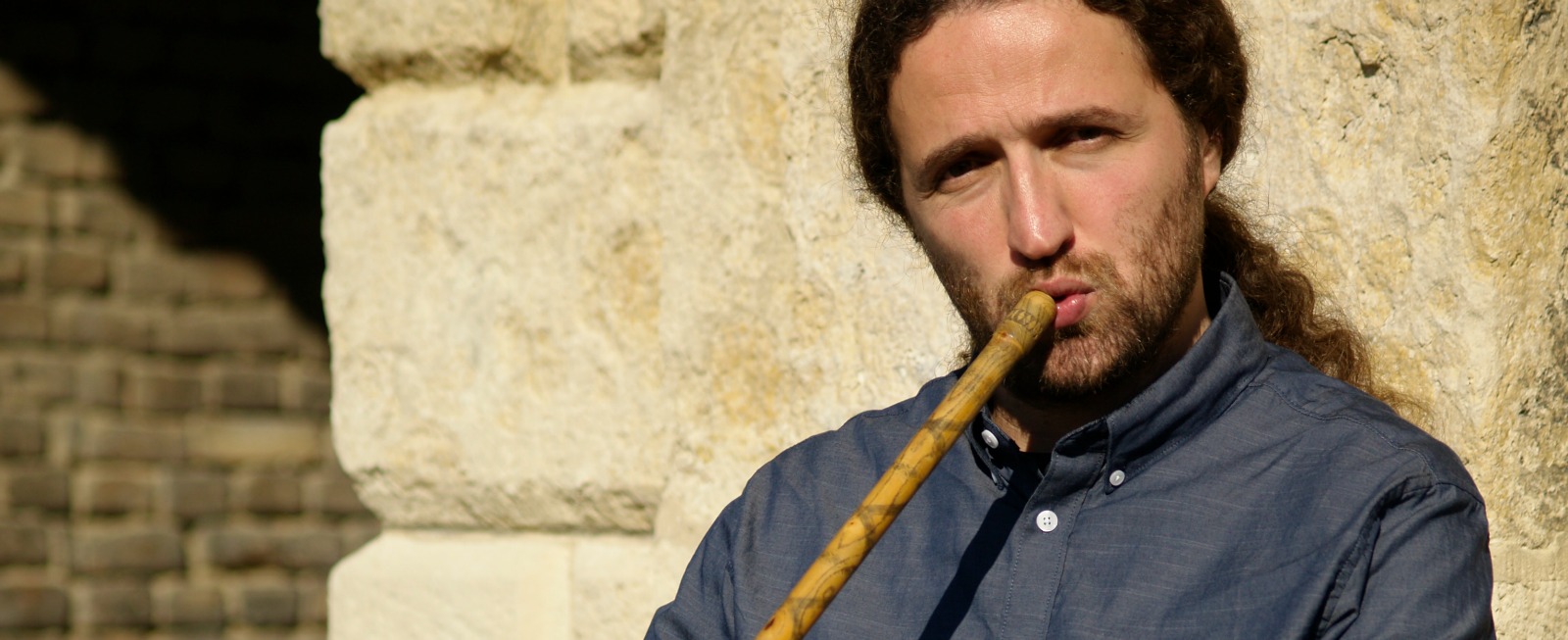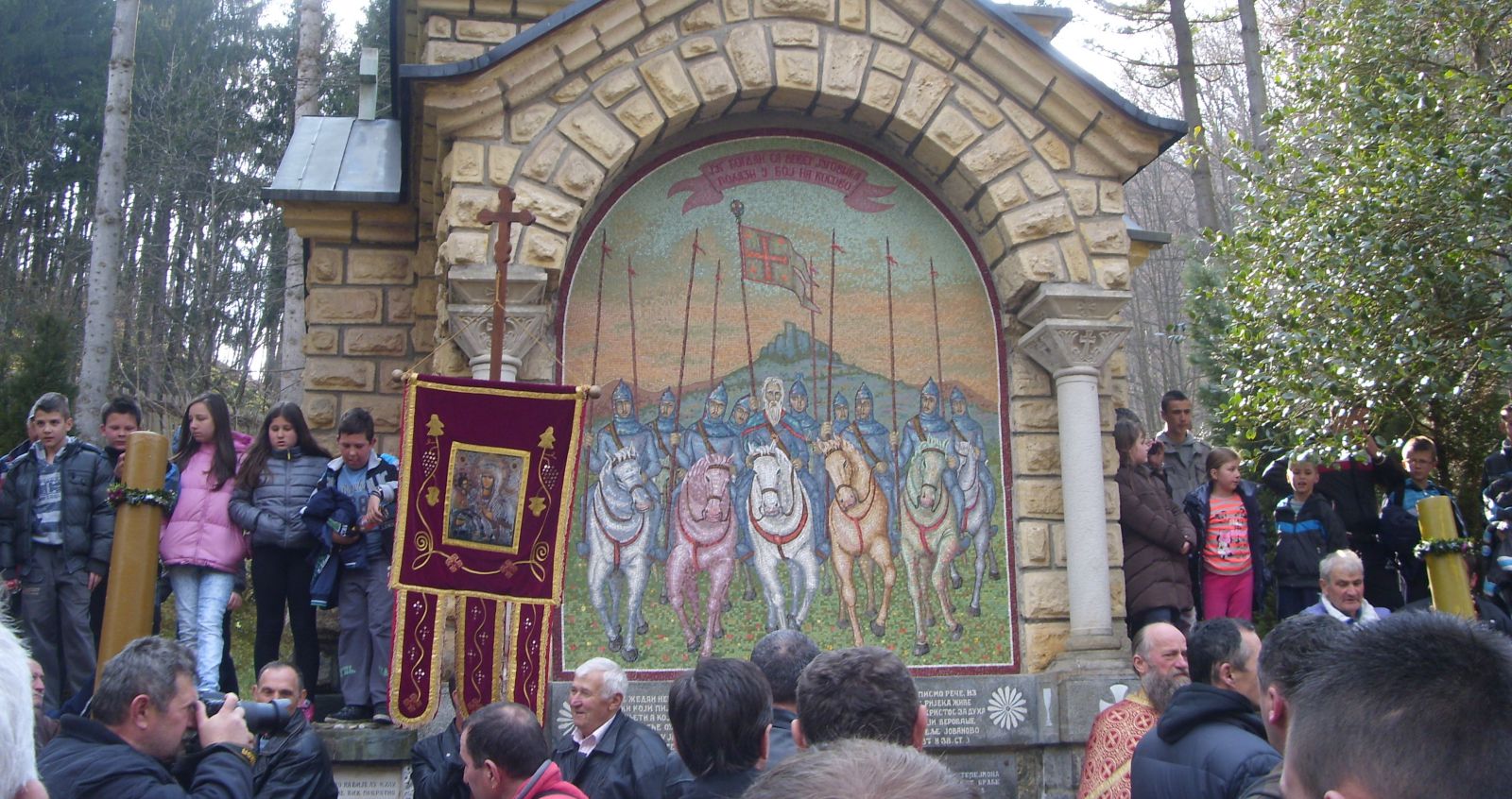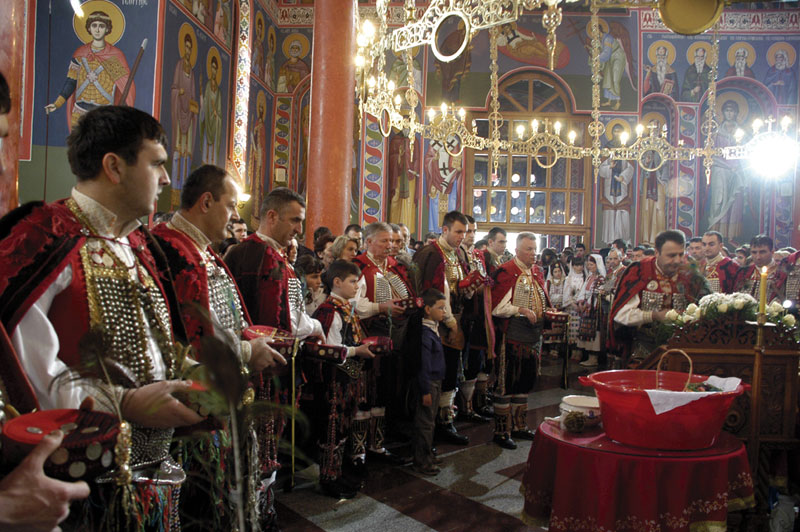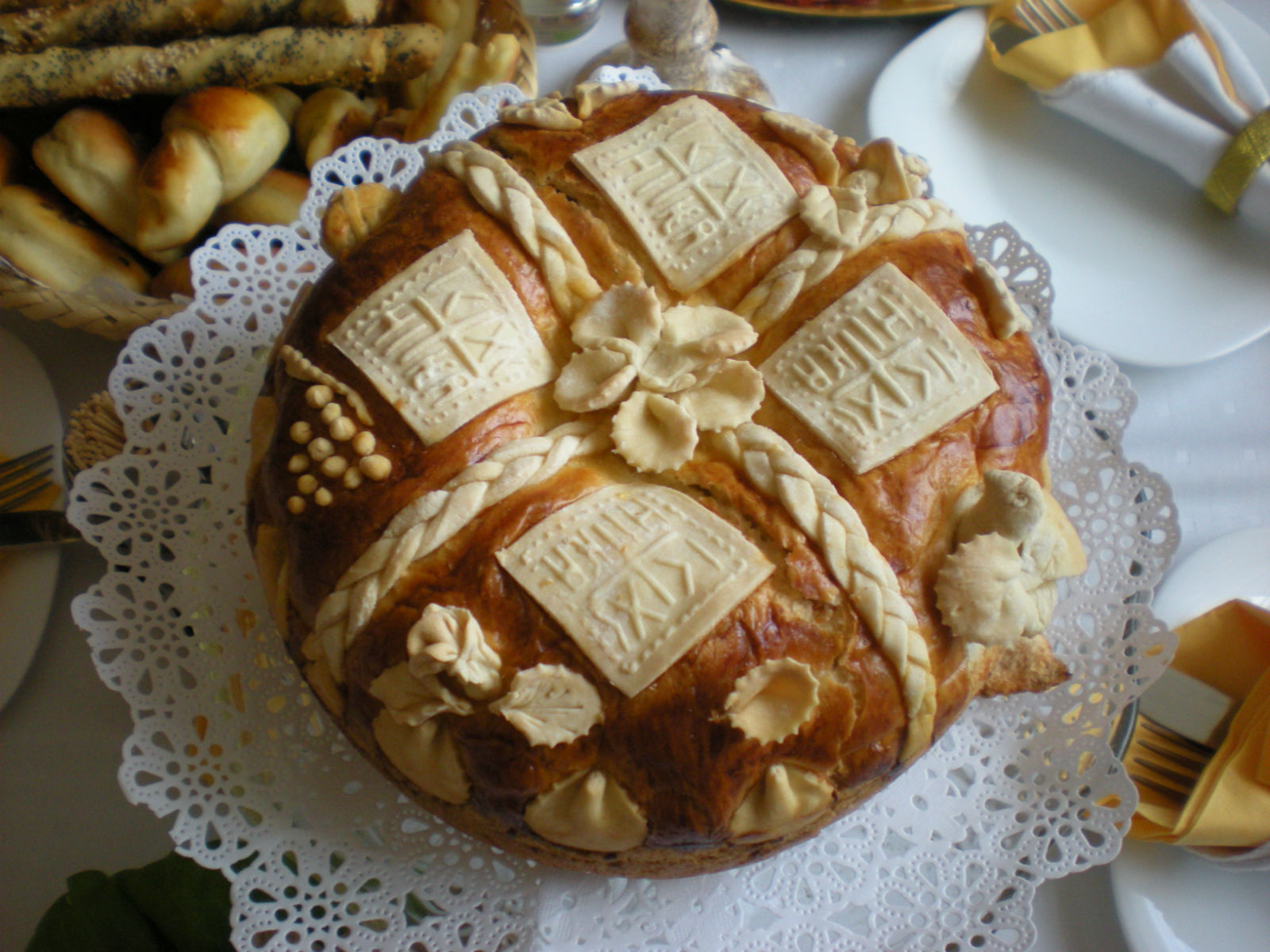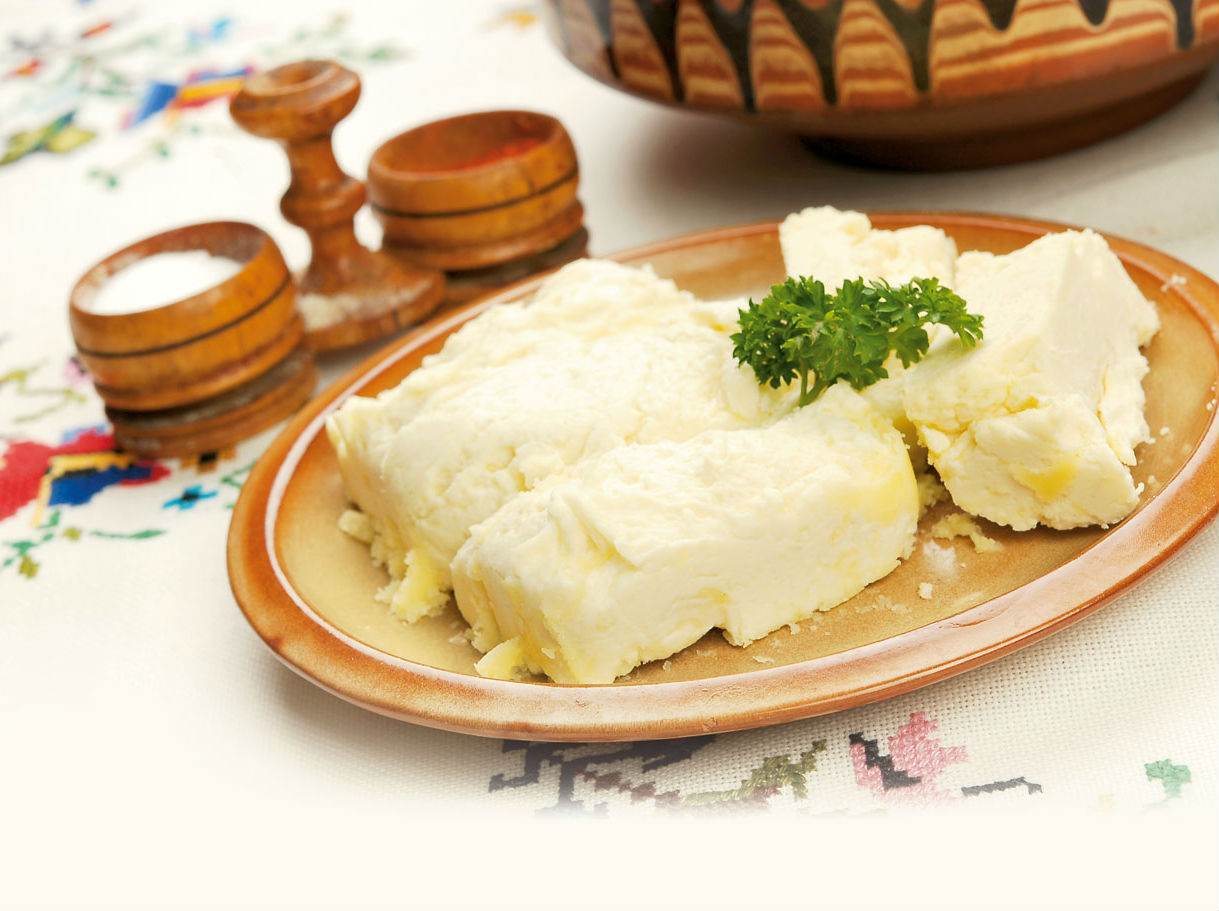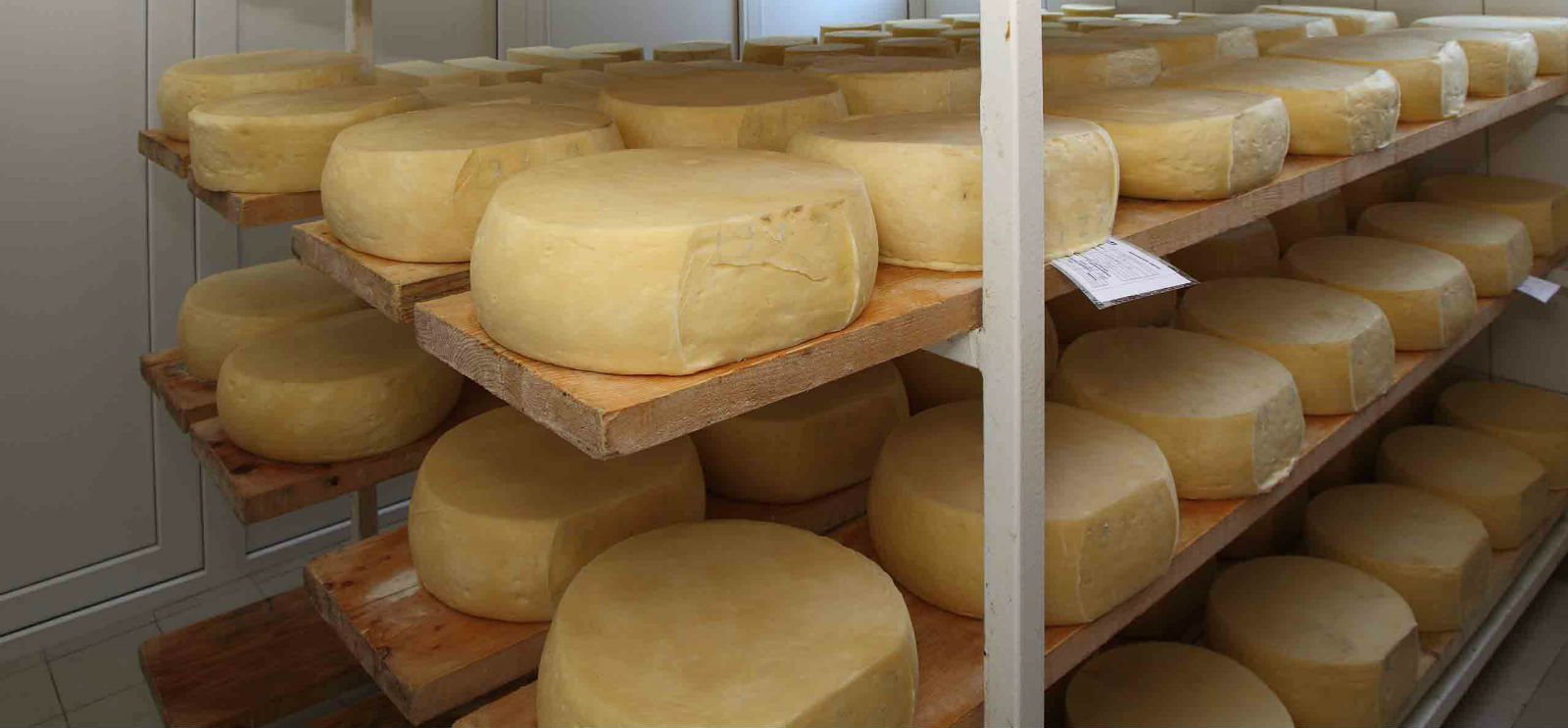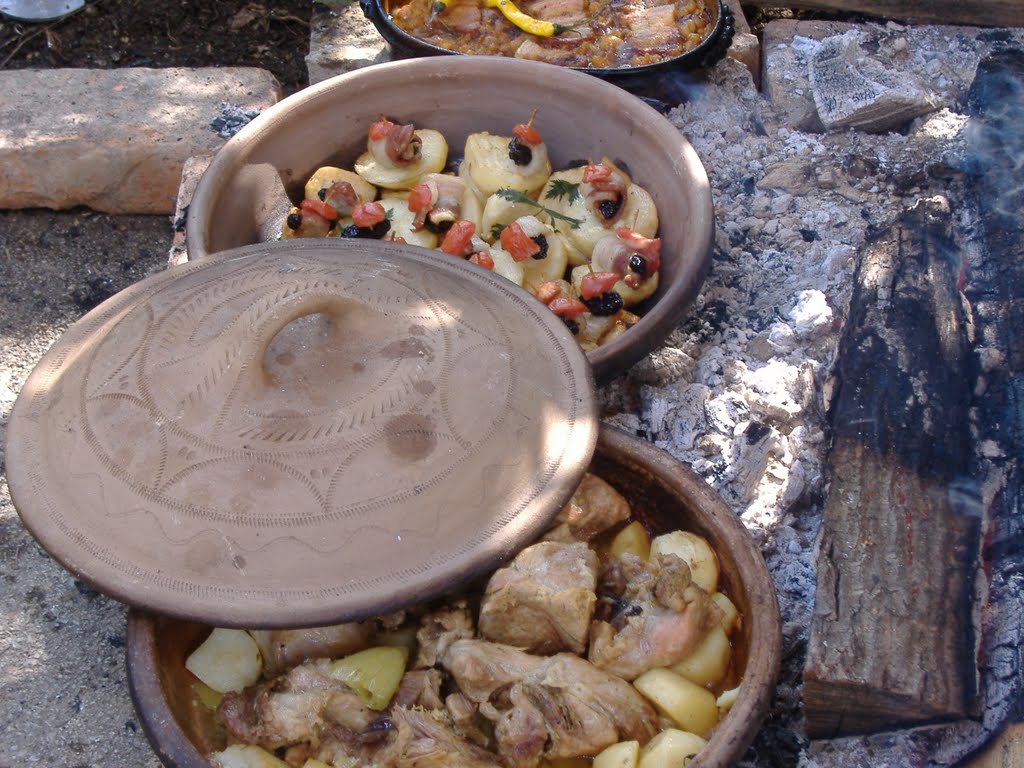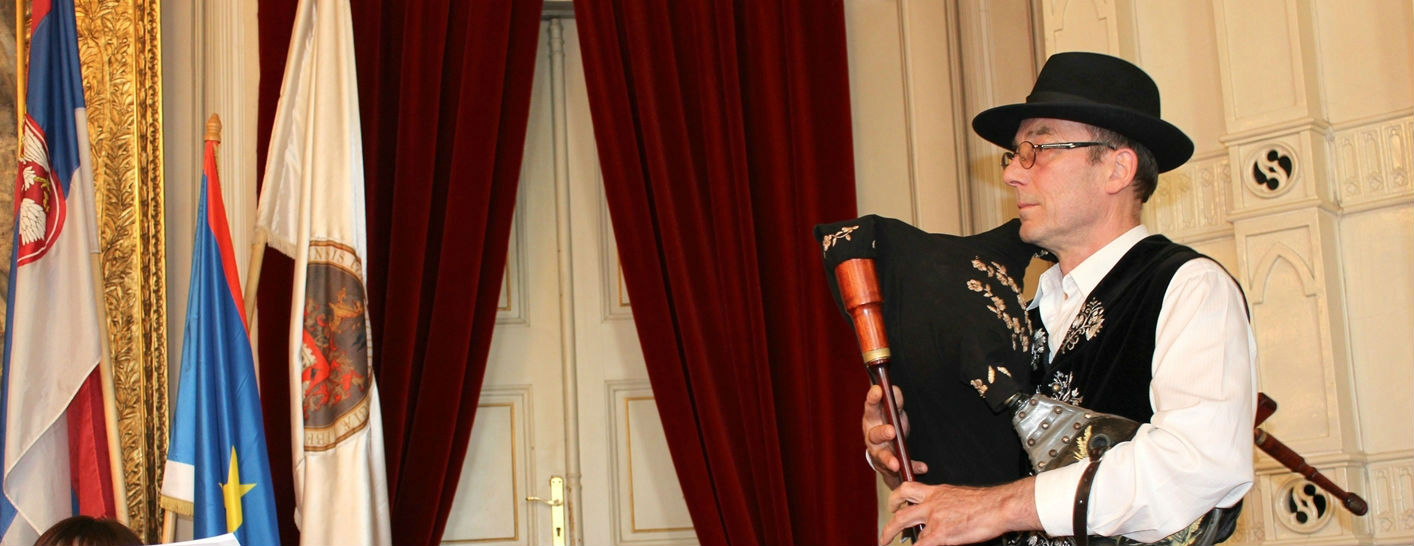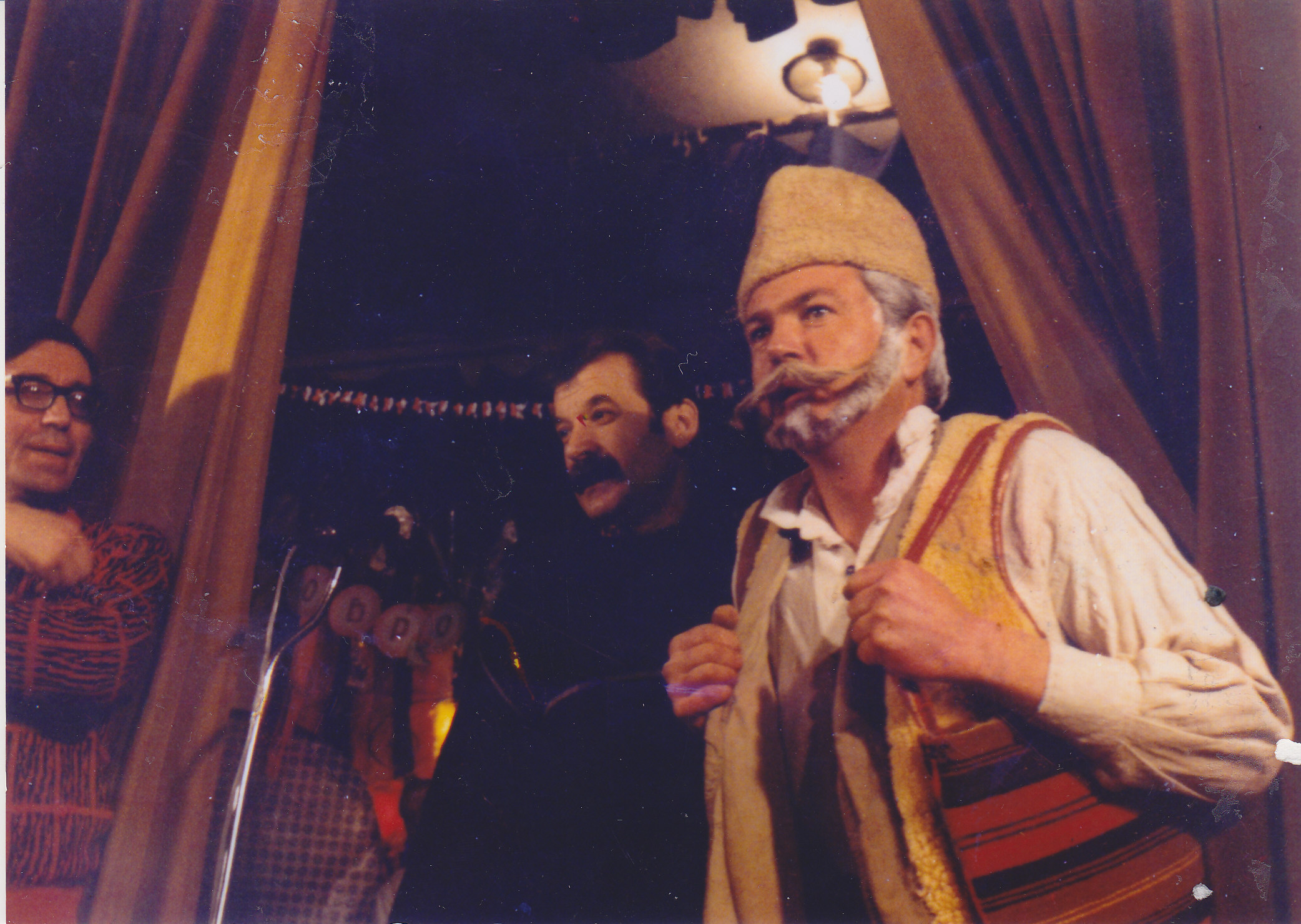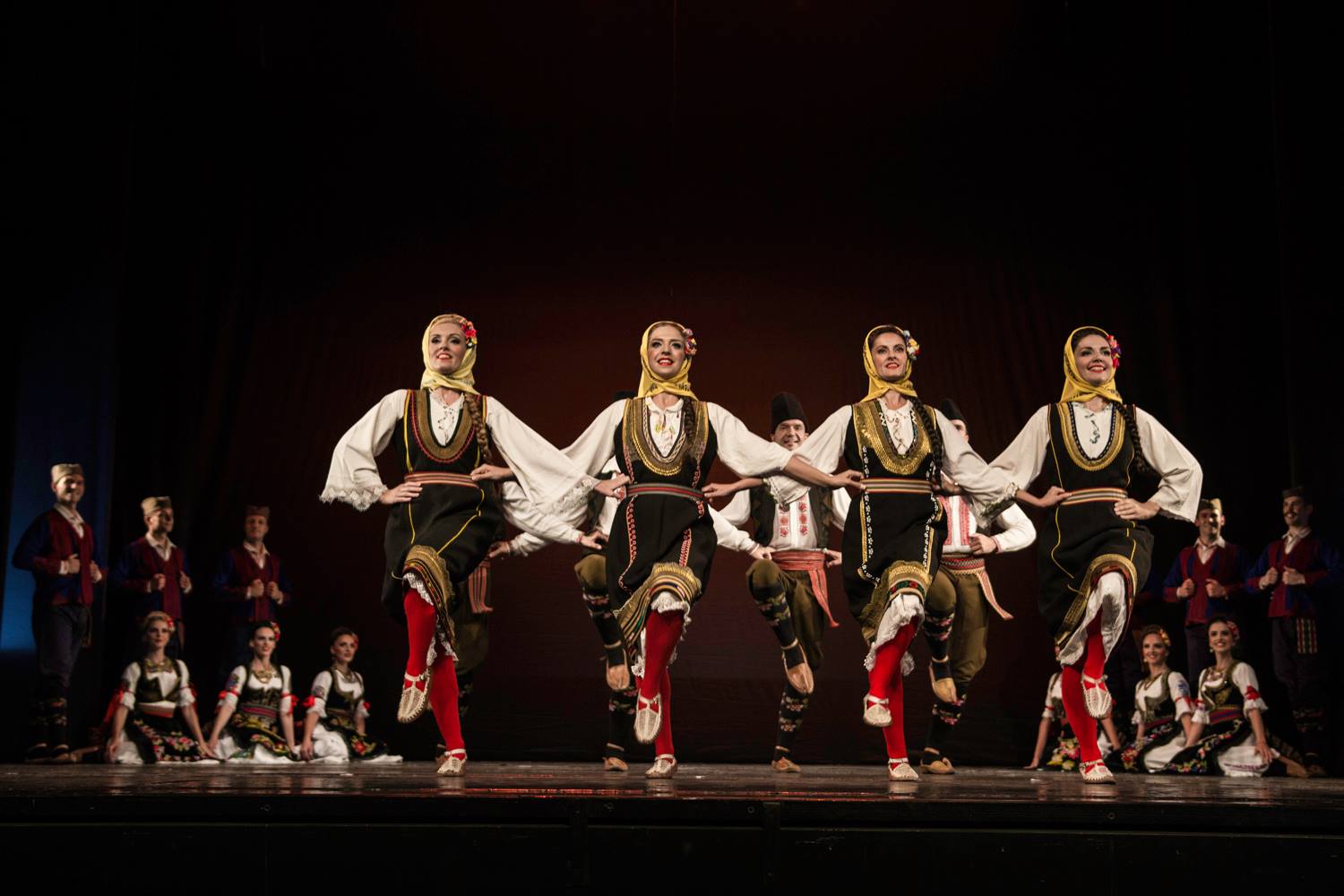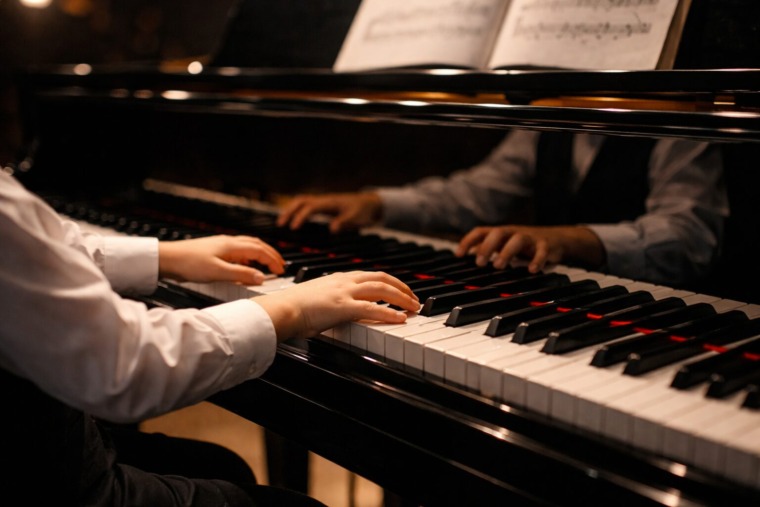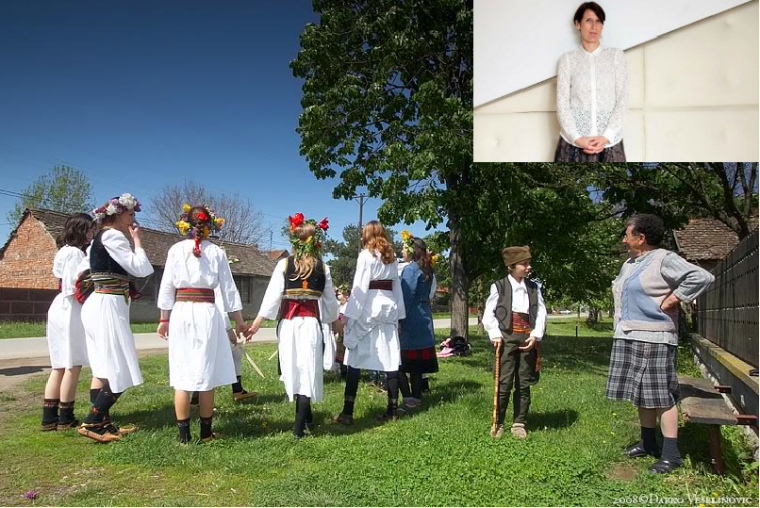Recognizable by sevdah (yearning) and merak (enjoyment) tunes, these songs are emotionally charged and their lyrics are easy to remember, they are the symbol of Vranje and the famous music from this region.
For years sorrowful, quiet and calm verses have been describing lives, customs and loves both fulfilled and unfortunate and they evoke even the deepest emotions with their slow and light rhythm.
Many conquerors, generals, people who travelled around the world and air-mongers have passed through this region during its long and turbulent history. They shaped history, told legends and created new styles and their combined work gave birth to the unique music, dance and songs which made Vranje famous.
When the rhythm of songs from Vranje, a mix of sevdah and cocek (musical genre and dance,pronounced “cho’-chek”), is combined with the specific taste of local food and drinks, an ideal harmony of southern spirit is created where people lead a very specific way of life. These people are hospitable, kind, loud and always in the mood for singing and dancing.
These songs are a very important part of every celebration in Vranje and they are inscribed on the list of intangible cultural heritage of the Republic of Serbia. These songs can be often heard from the local taverns, house parties and the streets, it is said that very few people can resist the urge to join in and start singing.
City songs from Vranje used to be sang by Stana Avramovic Karaminga, Stanisa Stosic and Vasilija Radojcic. These singers are known for emotional singing, which made them famous in Serbia and abroad. Nowadays Branimir Stosic Kace, Ivana Tasic, Ceda Markovic are the best known singers who are keeping the tradition alive.
 The inspiration for writing and singing these songs comes from the people, customs and true life stories. Generations of singers wrote quiet, tender and melodious verses which were inspired by everyday conversations, fulfilled and unfortunate loves, friendships and the uniquness of this region.
The inspiration for writing and singing these songs comes from the people, customs and true life stories. Generations of singers wrote quiet, tender and melodious verses which were inspired by everyday conversations, fulfilled and unfortunate loves, friendships and the uniquness of this region.
“Sadila moma lojze sa belo grojze”, “Magdo, mori, Magdo”, “Petlovi pojev, Morava”, “Kaži Suto, kaži dušo” and “Tolja amamdžija” are only some of the famous songs from Vranje.
The feature that makes them specific and widely recognizable is the moderate and calm atmosphere in which people sing them. Slow rhythm and the combination of western and Ottoman music scales is another feature which makes these old city songs unique.
In order to be performed properly, the singer needs interpret it in just the right way. Having in mind that the circumstances in which the songs were created are usually known, it is important for the singer to feel the song.
Only in this way can the authentic meaning of the song be conveyed to the audience. That is the most important part for the overall experience says the most famous contemporary singer Branimir Stosic.
This talented musician from Vranje, who is also a physical education teacher in a local school, proudly keeps the tradition of his ancestors alive. His desire is to protect the authenticity and uniqueness of these songs and he has been fighting for years in order to achieve this goal.
Vranje is a city widely known for its music, songs and dance. Apart from the city songs which made Staniša Stošić famous, authentic folk music from Vranje is also very popular and the best exaples of it can be found in Bora Stankovic’s novels Nečista krv (Impure blood) and Koštana. Trumpet orchestra from Vranje are also very famous and the best one is Bakije Bakić orchestra. Folk dance which is specific for Vranje is a cheerful cocek.
Not only do these songs protect old customs, crafts, dialects and lifestyles from being forgotten, but they also keep the Serbian tradition and spirituality alive. These quiet and gentle verses give the younger generation an opportunity to familiarize themselves with these songs, which once made Vranje famous. When you listen to these songs, it is as if you are reliving the past and you get a chance to take a peek in some of the older taverns, turkish baths and cobblestone streets.
City songs from Vranje in diaspora
Serbs, who leave the homeland, don’t easily forget the things that bind them to the country where they were born. City songs from Vranje are no exception to this rule and they are present on various celebrations across the world. On different occasions, sometimes even without a cause, people start singing and dancing to these songs which made Vranje famous across the globe.
People from Vranje and from other parts of Serbia claim that foreigners enjoy quiet, melancholic and calm sounds of city songs from Vranje. “It is not important that they do not understand the meaning of the words and what the song is about. The language and nationality do not represent an obstacle for emotions and quality music. They can feel sevdah (yearning) which imbues the city song from Vranje” says Milorad Bikovic, who has been living and working in Switzerland for twenty years.
Besides that, many customs and rituals are traditionally accompanied by music, dancing and singing from southern parts of Serbia. This is the best way not only to stay in touch with your homeland, but also with the tradition and the culture, which are constantly renewed and transferred to the newer generations through folklore that is hundreds of years old.
Related Articles
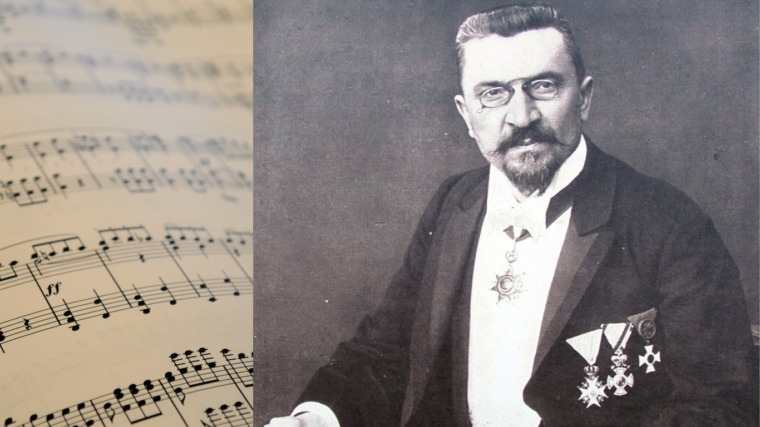
The Father of Serbian Music: Remembering Stevan Mokranjac
September 22, 2025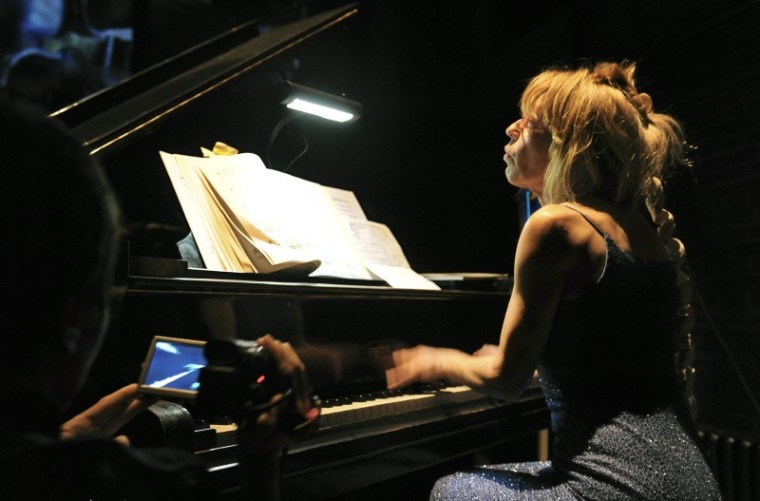
Nada Kolundzija opens Serbian Month 2016 in London
January 12, 2016